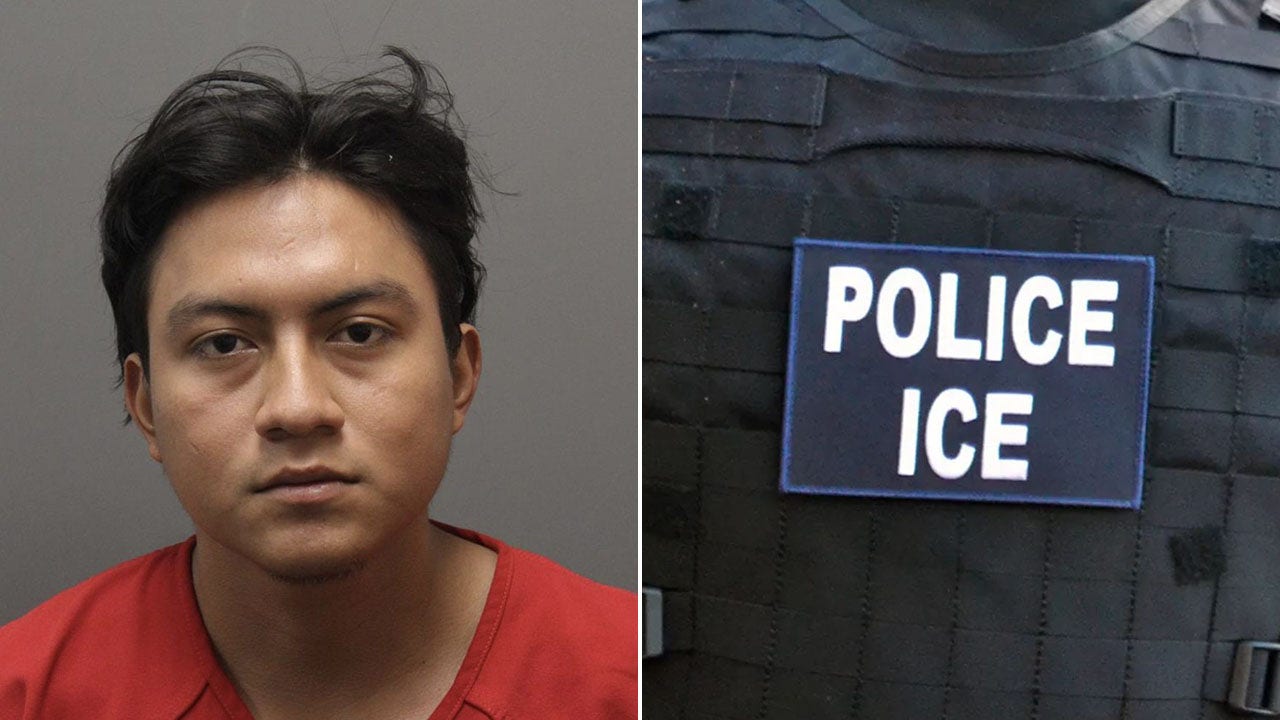A federal appeals court late Tuesday ruled against Texas in its bitter clash with the federal government, deciding that a law allowing the state to arrest and deport migrants could not be implemented while the courts wrestled with the question of whether it is legal.
A three-judge panel of the U.S. Court of Appeals for the Fifth Circuit, which has a reputation for conservative rulings, sided in its 2-to-1 decision with lawyers for the Biden administration who have argued that the law violates the U.S. Constitution and decades of legal precedent.
The panel’s 50-page majority opinion left in place an injunction imposed last month by a lower court in Austin, which found that the federal government was likely to succeed in its arguments against the law. The opinion was written by the Fifth Circuit’s chief judge, Priscilla Richman, a nominee of President George W. Bush, and was joined by Judge Irma Carrillo Ramirez, who was nominated to the bench by President Biden last year.
Judge Richman found that Texas’ law conflicted with federal law and with Supreme Court precedent, particularly a 2012 immigration case, Arizona v. United States.
“For nearly 150 years, the Supreme Court has held that the power to control immigration — the entry, admission and removal of noncitizens — is exclusively a federal power,” she wrote. “Texas has not shown that it is likely to succeed on the merits,” she said after discussing how various arguments made by the state fell short.
It was a setback for Gov. Greg Abbott but not an unexpected one: The governor has said that he anticipated the fight over the law’s constitutionality to eventually reach the Supreme Court. Mr. Abbott has said the law, which allows the state to arrest and deport migrants on its own, is necessary to deal with the record number of migrants crossing into Texas from Mexico.
Mr. Abbott also said, in a speech this month, that the law had been had been tailored to challenge the high court’s precedent in the 2012 case, which was decided 5 to 3. “We found ways to try to craft that law to be consistent” with the dissent in the Arizona case written by the late Justice Antonin Scalia, Mr. Abbott said.
Lawyers for the state could seek emergency action by the Supreme Court. Or they could let the decision stand and wait for arguments, set for April 3, over the substance of the law, known as Senate Bill 4 or S.B. 4, and whether the injunction was appropriately ordered. That argument is set to be heard by the same three-judge panel.
In his dissent, Judge Andrew S. Oldham said that the decision on Tuesday suggested that the panel would similarly decide in favor of the federal government after its arguments next month.
“Today’s decision means that we’ll likely never know how Texas’ state courts and its state law-enforcement officers would have implemented S.B. 4.,” wrote Judge Oldham, a former general counsel to Mr. Abbott who was nominated to the court by President Donald J. Trump. He said he would have let the law go into effect as the appeals process moved forward, and instead have the courts “wait for an actual conflict to arise between state and federal law.”
The decision was the latest development in a back-and-forth legal drama over the law, a sweeping effort by Texas to create a state-level system of immigration enforcement in direct challenge to the federal government.
The law briefly went into effect this month amid a series of procedural rulings that made their way to the U.S. Supreme Court. A few hours later, an order by the Fifth Circuit panel again blocked its implementation.
The legal wrangling created confusion for police departments and sheriff’s offices in Texas, spread uncertainty along the border, and caused the president and foreign ministry of Mexico to vocally object to a central provision of the law: that state courts could order migrants who crossed from Mexico to return to that country, no matter their national origin.
It was that provision that also appeared to most bother Judge Richman. During an hour of oral arguments over whether to pause the injunction, she focused on the removal provision of S.B. 4, which she suggested conflicted with prior Supreme Court precedent.
“This is the first time it seems to me that a state has claimed that they had the right to remove” undocumented immigrants, she said during the hearing.
In her opinion on Tuesday, Judge Richman dismissed one of Texas’ most aggressive assertions: that the Texas law should be allowed to stand because the arrival of large numbers of migrants at the southern border constituted an “invasion” that triggered state war powers under the U.S. Constitution.
“Constitutional text, structure and history provide strong evidence that federal statutes addressing matters such as noncitizen entry and removal are still supreme even when the State War Clause has been triggered,” she wrote, adding that Texas “has not identified any authority to support its proposition” to the contrary.
Even if aspects of the state’s arrest law aligned with existing federal law, which makes it a crime to cross into the United States without authorization, Judge Richman wrote that “what happens immediately following an arrest is in striking conflict with federal law.”
The removal provision would “significantly impair the exercise of discretion” by federal immigration officials, she wrote, preventing migrants arrested from seeking asylum before being ordered by a state court to leave the country. She added that it would “cause international friction” and “risks taking the United States out of compliance with its treaty obligations.”
Judge Richman hinted at the heated political debates over immigration enforcement and noted that both Republican and Democratic administrations have pointed to a lack of sufficient funding by Congress as a limitation, along with a “lack of political will.”
Texas has argued that its law is seeking to fill the gap left by the federal government, she wrote, “but it is unlikely that Texas can step into the shoes of the national sovereign under our Constitution and laws.”






